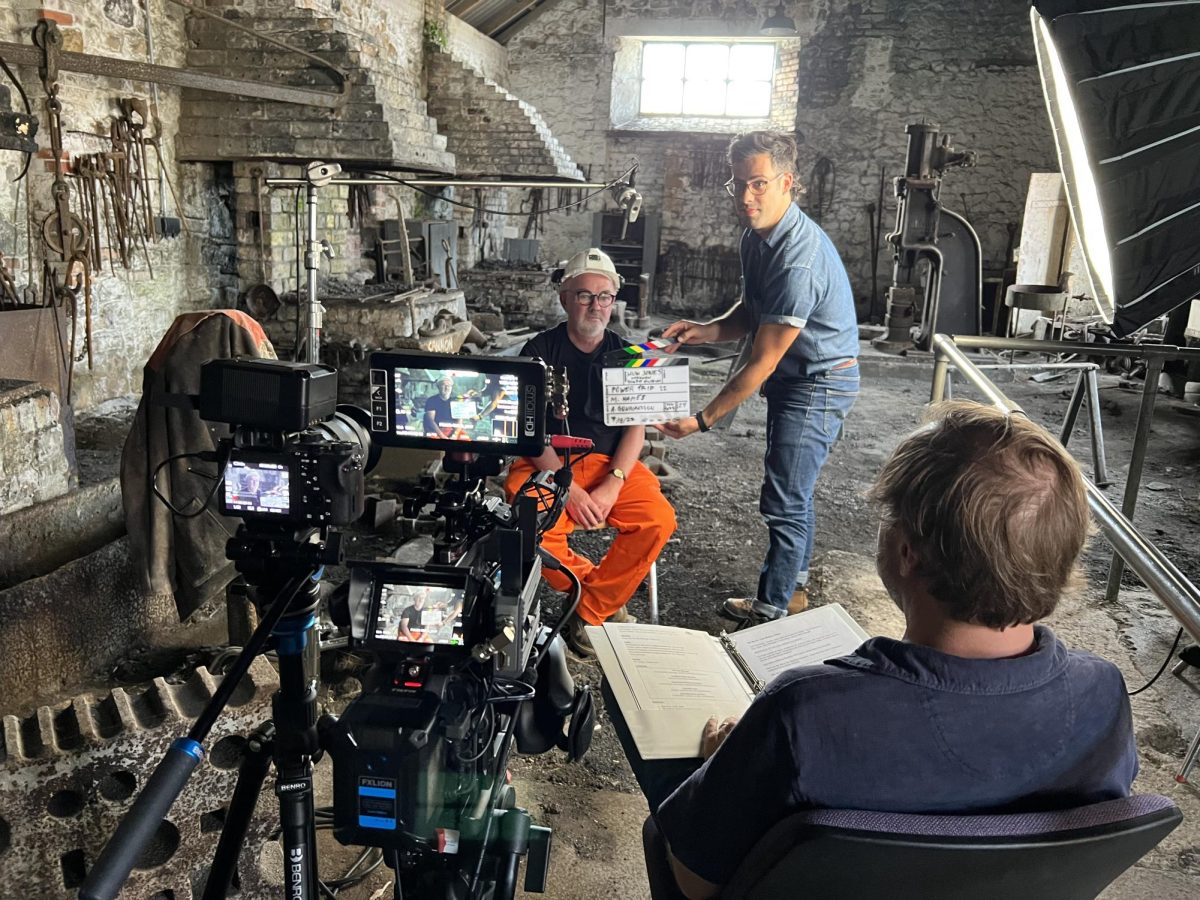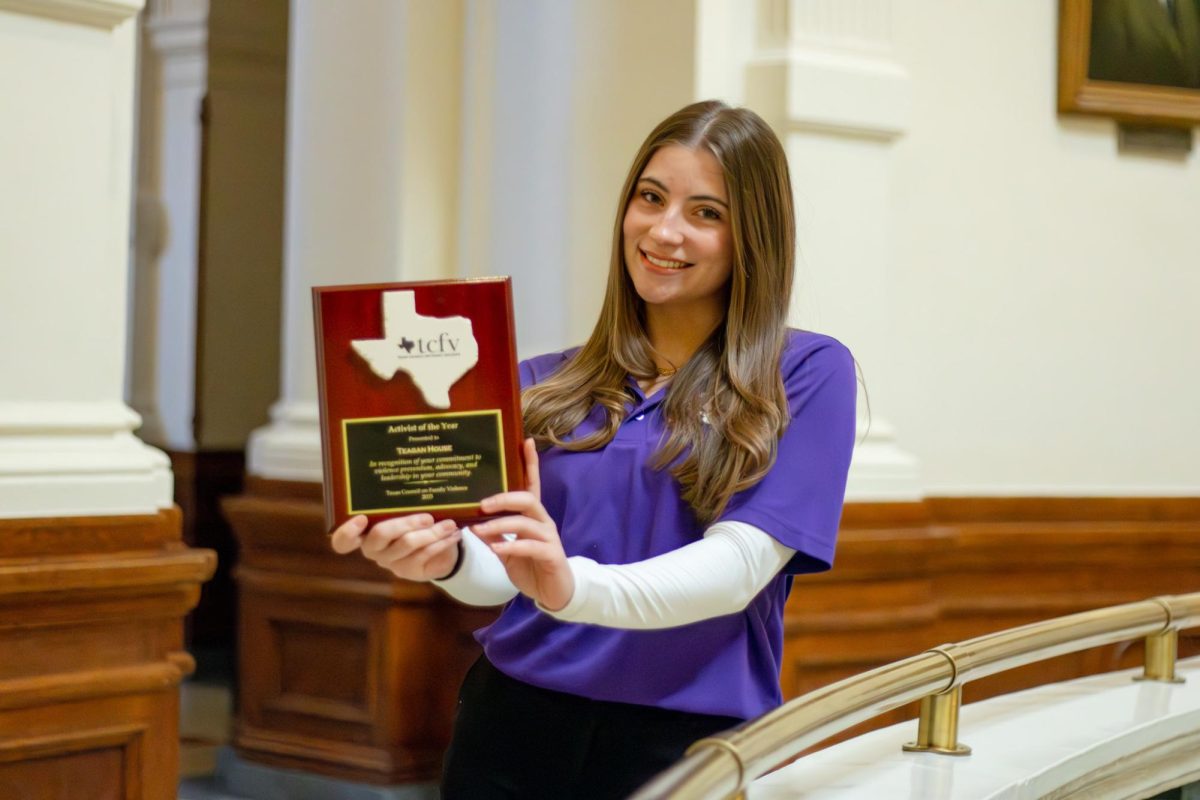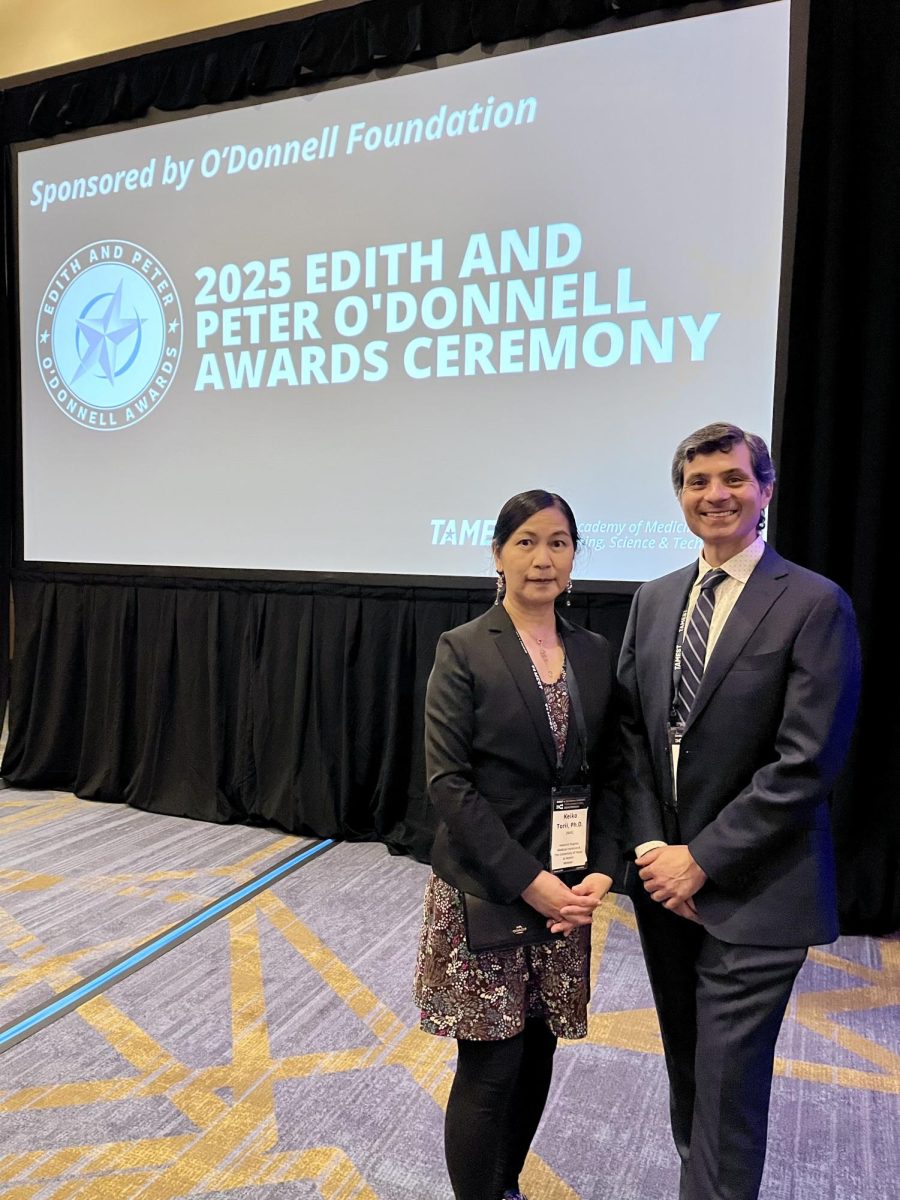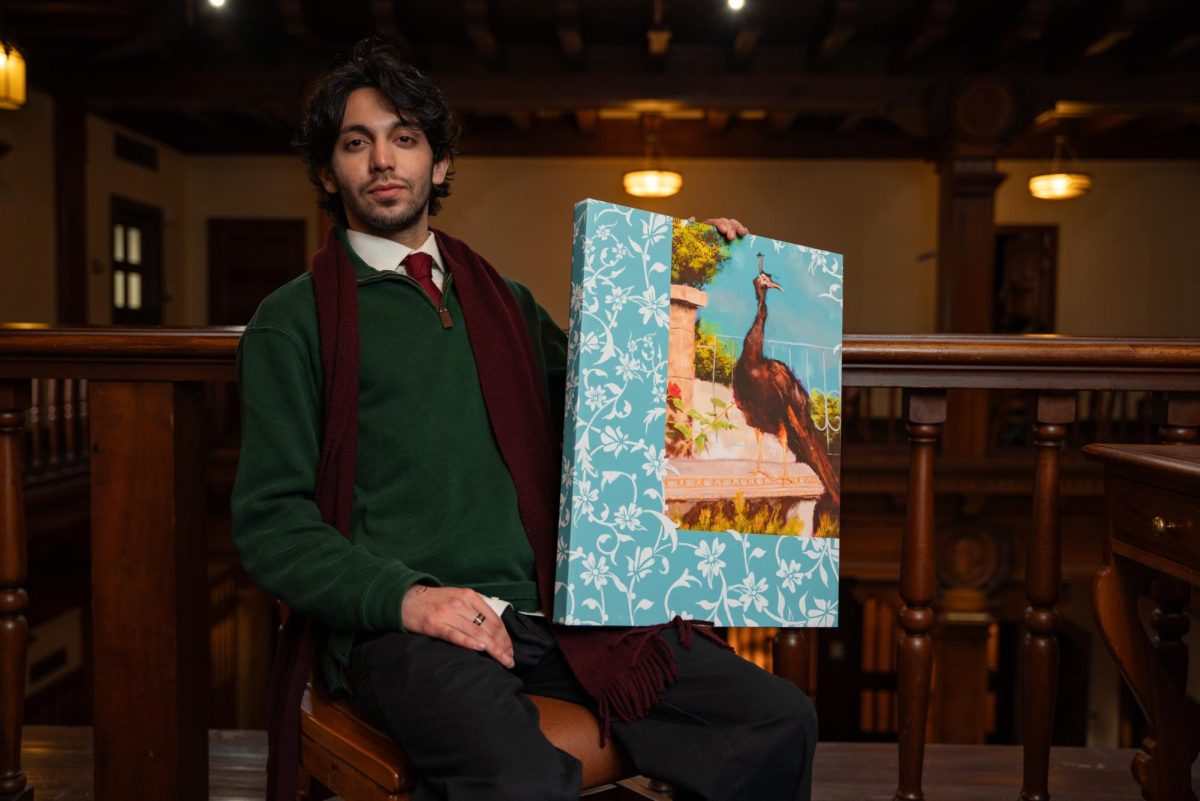War. Outer space. The Beatles. How does energy interconnect these seemingly separate topics? The docu-series “Power Trip: The Story of Energy” seeks to answer this question.
In 2019, Michael Webber, UT professor and McKetta Centennial Energy Chair published his book, “Power Trip: The Story of Energy.” PBS developed the book into a docu-series in 2020 and released a second season on Amazon Prime Video beginning in August 2023, rolling out weekly episodes.
“Power Trip” gained success with over 7,000 broadcasts in the U.S. and 30 countries picking up the show’s first season. The six episodes cover water, food, transportation, wealth, cities and war.
The second season focuses on space, disasters, work, entertainment, culture and globalization. With filming locations in Iceland, Singapore, London, France, and more, series director Mat Hames said Iceland proved a highlight.
“Iceland, to me, is a really interesting place to see,” Hames said. “How can you live in such a cold, tough environment? They do it by just relying on the resources that they have right there in the country underneath the ground.”
The show interviews over 60 energy experts per season from all around the world. Executive producer Beth Hames said the interview with Charles Bolden, a former astronaut and former NASA Administrator from the space episode stood out as a favorite.
“His interview is so inspiring and he’s so down to earth and I loved it,” Beth Hames said. “When he describes every stage of liftoff and landing the space shuttle, you’re on the edge of your seat because he’s explaining what it feels like to have that much power and energy underneath you.”
Webber said the inspiration for the docu-series started in the classroom over a decade ago.
“I like to be a storyteller on energy because a big core ethic of mine is to tell stories as a way to teach and inspire curiosity,” Webber said. “I (taught) a class at UT called Energy at the Movies, which is a Plan II class where I use movies as our teaching tools rather than textbooks.”
Webber originally partnered with PBS in 2012 on an hour-long special, “Energy at the Movies.” After garnering over 100,000 viewers, PBS wanted more STEM content, Webber said.
Webber said helping a larger audience understand the good and bad of energy served as a main motivation.
“I have all these journal articles that I write for the scientists in the scientific community,” Webber said. “Though I love them and I’m part of it, my main criticism is that they’re not the people who are going to create the cultural force of the ship or political opinion. I’m really trying to reach the general public or the policymakers.”
Beth Hames said informing the next generation can change the future of energy.
“We really have to inspire people so that these kids, teenagers and young adults will want to work really hard,” Beth Hames said. “It’s hard work to innovate and come up with the next thing that’s going to power the next 100 years.”














